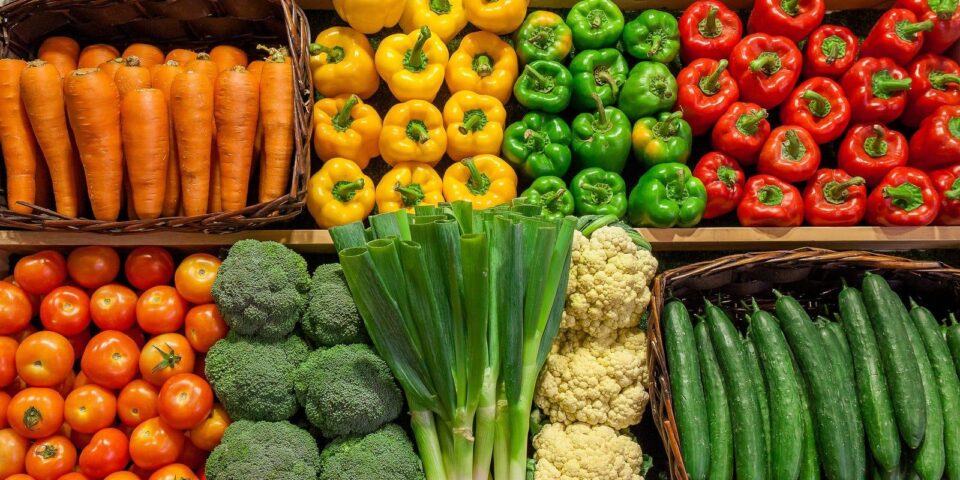The Ministry of Agriculture of the Republic of Kazakhstan admits that farmers in Kazakhstan are finding it difficult to compete with growers from Uzbekistan and Turkmenistan, who are able to grow and export their produce at a rather low cost. Production costs in these countries are much lower thanks to climatic conditions, cheap labor, subsidized prices of electricity and gas. Moreover, these countries do not impose taxes and duties on imports of farm equipment.
However, the Ministry considers it inappropriate to restrict imports of cheap vegetables from neighboring countries in order to protect domestic farmers. Instead they are considering additional support for vegetable growers.
“In the conditions of a civilized open market economy, as well as Kazakhstan’s participation in various international organizations, the introduction of an import ban is an extreme measure, the introduction of which is difficult to justify. At the same time, restrictions on the imports of fruits and vegetables may lead to an increase in prices in the domestic market, as well as a shortage of vegetables and fruits,” the press service of the Ministry of Agriculture told ElDala.kz. Instead, the government of Kazakhstan chooses to expand the program of subsidies, provides preferential loans for the industry.
According to the Ministry of Agriculture, the area under vegetables in Kazakhstan increased by 10.5 thousand hectares over the recent three years and this year reached 173.5 thousand hectares. Potato crops area reached 197.6 thousand hectares. The average yield of vegetable crops has also increased thanks to greater penetration of modern intensive production technologies.
Production of greenhouse vegetables in sufficient quantities contributes to the solution of the supply problem. At the end of 2022, the area of greenhouses in Kazakhstan reached 1.2 thousand hectares and total production of greenhouse tomatoes and cucumbers reached 177.5 thousand tons.
The area of industrial greenhouses over the past three years has increased by 31.7 hectares and at the end of 2022 amounted to 218.9 hectares. Investment subsidies provide for reimbursement of 25% of costs for the construction and expansion of greenhouse complexes, and now work is underway to increase the standard to 30%. At the same time, 50% of subsidies for the creation and expansion of irrigation systems will be retained.
In addition, Kazakhstani greenhouse growers receive subsidies for the purchases of fertilizers, pesticides, bioagents and biological products, they are also reimbursed for part of the cost of irrigation water, as well as the purchase of seeds.
According to the ministry, the construction of greenhouses is financed within the framework of the universal program “Agribusiness”, the rate due to subsidies is reduced to 6%. Since 2020, this program has financed the creation of 14 greenhouses with a total area of 51 hectares in the amount of 16.7 billion tenge.
In addition, it is planned to introduce subsidizing the costs of greenhouses for electricity and gas during the cold season. However, in order to effectively spend budgetary funds and support precisely those greenhouses where all modern technologies are observed, a certificate of conformity with production technologies will become a mandatory requirement for obtaining state support.
The Ministry of Agriculture also reported on the work to create the necessary infrastructure for the storage of vegetables and fruits. The actual need for new storage capacities is 689.8 thousand tons. At present, changes are being made to the Rules for Investment Subsidies in terms of bringing the standard for reimbursement of costs for the construction of vegetable storage facilities from 25% up to 40-50%, depending on the technologies used. The issue of concessional financing for the construction of storage facilities is being worked out as part of replicating the experience of the North Kazakhstan region.




